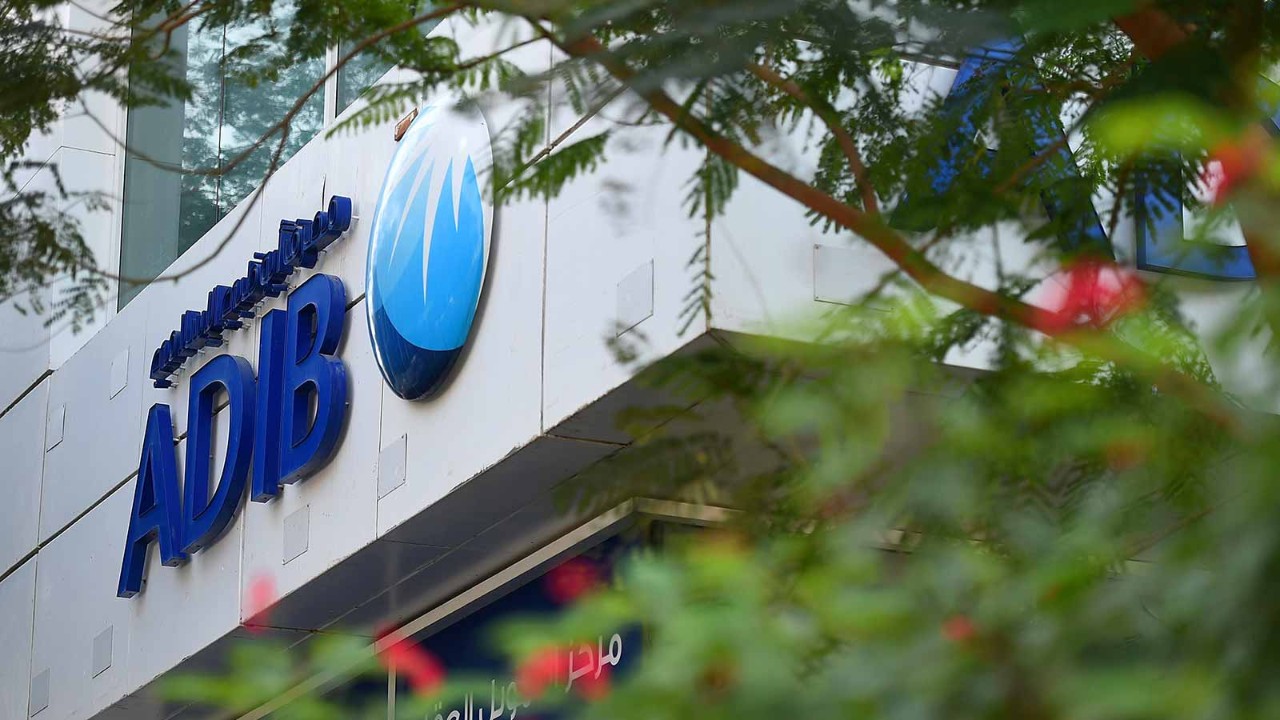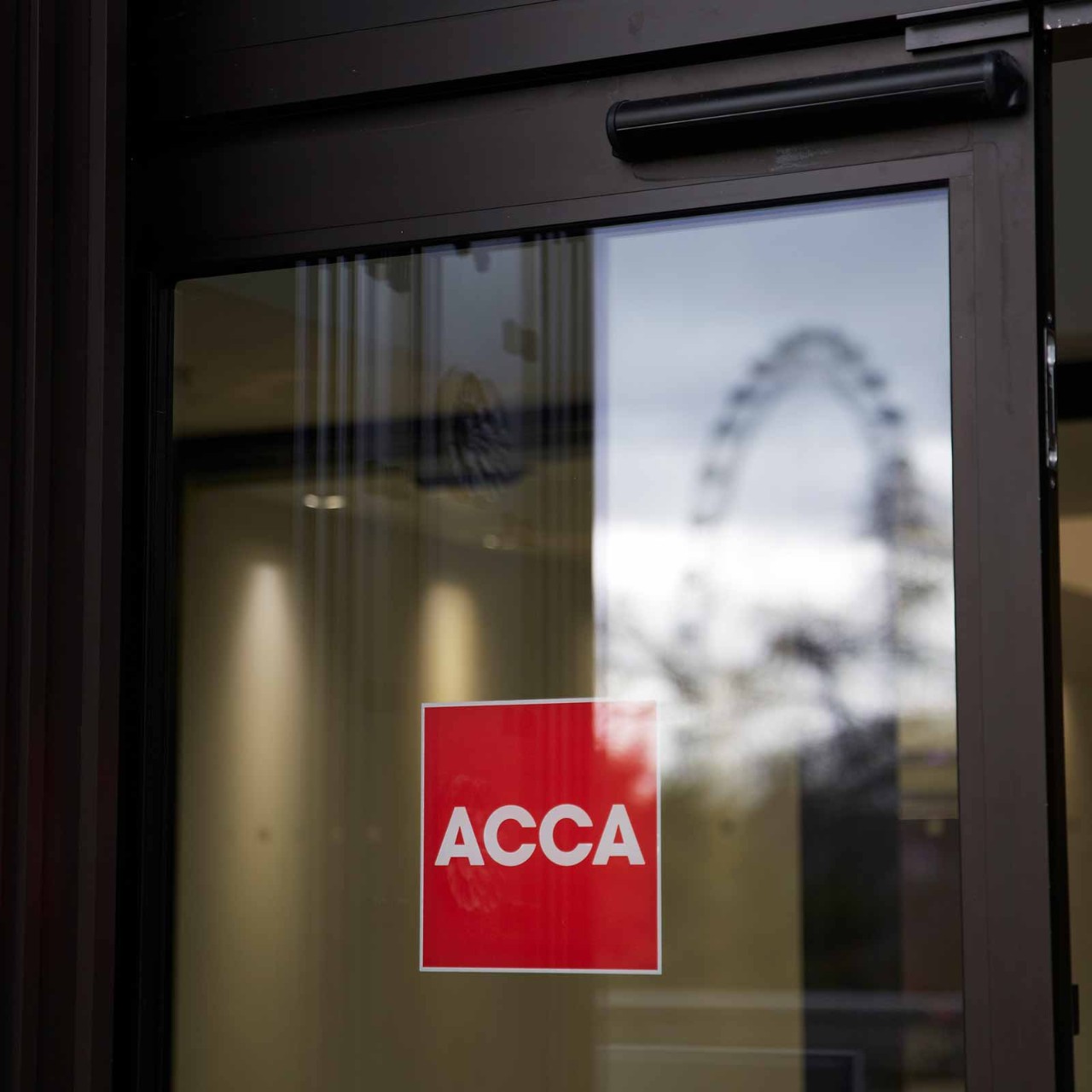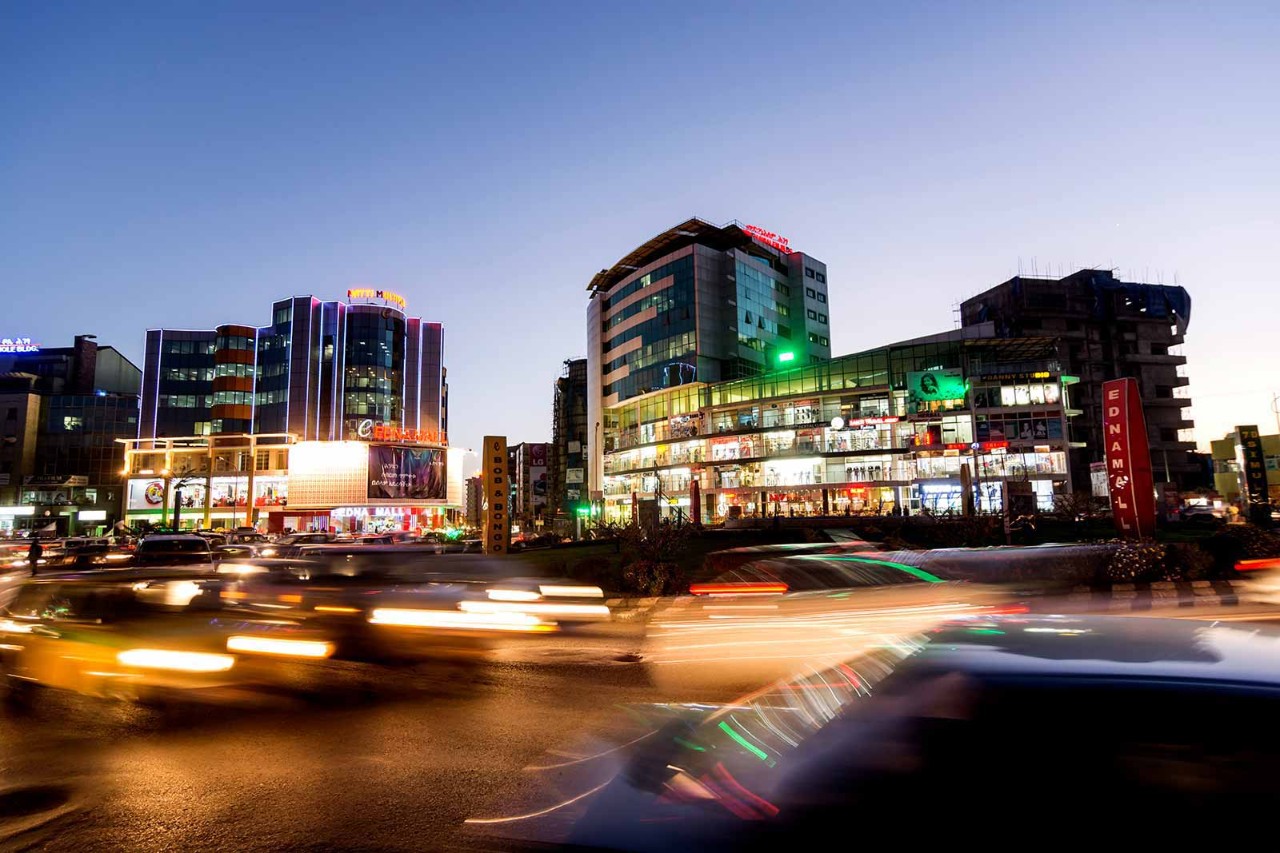
Islamic finance is flourishing across parts of the Middle East and South-East Asia. Assets are increasing, there is a greater diversification in product offerings and Islamic fintech is starting to take off.
In 2020, Islamic finance assets were estimated at US$2.88 trillion globally and are forecast to grow at a cumulative annual growth rate of 5% to 2024, to reach US$3.69 trillion, according to DinarStandard’s State of the Global Islamic Economy 2020-21 report.
Despite the size of the sector, however, it does not reflect the potential market size of 1.8 billion Muslims worldwide.
‘The share of the banking sector generally taken by Islamic finance is not as high as it should be in proportion to the demographics’
Unpacking Islamic finance
Based on sharia law, Islamic finance is a financial system that operates within the moral principles of Islam. A central principle is the belief that money itself has no intrinsic value, so interest – making money from money – is forbidden.
The avoidance of harm is also crucial, so Islamic financial services do not operate in areas including alcohol, tobacco and gambling. In addition, risk must be avoided, thereby preventing practices such as derivatives and short selling.
‘The share of the banking sector generally taken by Islamic finance is not as high as it should be in proportion to the demographics, which is some indication of the untapped potential in this area,’ says Elias Moubarak, a partner in Trowers & Hamlins’ international banking and finance department in Kuala Lumpur, Malaysia.
This is apparent in the Middle East and North Africa (MENA), where Islamic banking accounts for just 14% of total assets, compared with 25% in the six Gulf Cooperation Council (GCC) countries, according to Moody’s 2020 Global Islamic Finance Outlook.
Service shift
One of the drivers of growth has been a shift from focusing on attracting clients that want sharia-compliant financing to being more service-orientated.
‘A recurring theme for Islamic finance institutions is the focus on being a good financial institution, and then being a good sharia-compliant institution,’ says Moubarak. ‘Banks in the UAE, Saudi Arabia and Malaysia have had decades to develop and offer products that match conventional banks, and gain market share.’
Such a move was essential to go beyond its initial core target market. ‘The segment that chose Islamic finance for religious considerations has already been tapped, and that’s why we are seeing more developments such as in fintech and sustainable investing,’ says Dr Aamir Rehman, a board member of Dubai-based Fajr Capital Advisors.
Towards digital
With consumer behaviour changing due to the Covid-19 pandemic, Islamic financial institutions have been forced to make a digital shift. Multiple Islamic fintech apps, from banks and payment platforms to regulatory, robo-advisory and peer-to-peer lending, have popped up over the past year.
Regulators have scrambled to keep up, with many jurisdictions, such as in the UAE, Qatar and Saudi Arabia, recently issuing new rules to keep Islamic finance competitive.
‘The sector is developing new hybrid contracts, crypto assets and products across banking and capital markets, which include a degree of complexity while maintaining the core element of sharia compliance,’ says Mazin Khalil, senior manager and deputy head of Islamic finance at Grant Thornton UAE.
One area where Islamic finance is increasingly holding its own is in the issuance of sukuk – sharia-compliant financial certificates, similar to bonds in conventional financing. Issuances globally have doubled in the past five years, to US$139.8bn in 2020, according to S&P Global.
‘GCC governments have rethought their public financing strategies, as sukuks were primarily used to raise money locally,’ says Rehman. ‘It has matured, with issuers preferring sukuk as they can capture the full global financial market.’
Indicative of growing international investor comfort was a US$1bn five-year sukuk issued by Dubai Islamic Bank, the UAE’s largest Islamic institution, in June 2020. It was three-and-a-half times oversubscribed, at US$4.5bn, with half of investors coming from outside the region.
‘Islamic capital markets’ high growth rate, of 23.5% a year, is mainly attributed to the continuous growth in sovereign and corporate sukuk issuances across the GCC and the wider MENA region,’ says Khalil.
Ethical credentials
Islamic finance is also playing on its ethical credentials. Indonesia issued the world’s first sovereign green sukuk, in 2018, and last year Saudi Arabia issued its first green sukuk, worth US$1.3bn, for the Saudi Electricity Company.
Other parts of the Islamic finance ecosystem have plenty of scope for expansion, such as takaful (insurance). The structure of Islamic insurance differs from conventional insurance in relying on a shared pool of funds to deal with emergencies. But this has impacted the possibilities of reinsurance, with the result that the ‘re-takaful industry is underdeveloped and unable to protect its position’, according to Moubarak.
‘This is an area that will need to see growth. In the end, it all goes down to the Islamic finance sector not yet achieving the kind of scale and economies of scale that the conventional sector has.’
Has Islamic finance’s time come?
Mazin Khalil, senior manager and deputy head of Islamic finance at Grant Thornton UAE, has noted an increase in demand for sharia-compliant products in the years since the 2008 subprime mortgage crisis, as customers have sought more morally conscious frameworks to invest within. This is a trend that could now gain pace, given the growing interest among businesses around the world in responsible investing/social impact and sustainability.
As Khalil points out, at its core, Islamic finance and its products place morals and values such as compassion, benevolence and leniency above monetary gain.
‘The frameworks put in place by the supervisory authorities provide customers of Islamic finance products with peace of mind that they will be sharing the risk with the Islamic financial institution involved,’ he says.
‘This risk-sharing approach means institutions must give consideration to the customer’s ability to be part of an Islamic finance product, and not simply rely on foreclosures, repossessions and other actions, which have in the past harmed communities and economies.’




